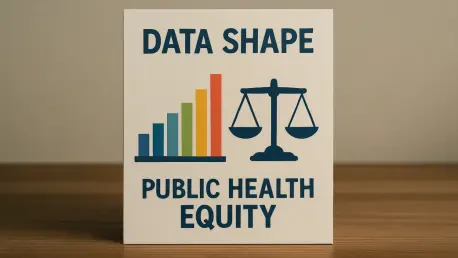
In the intricate landscape of community well-being, the pursuit of health equity requires more than good intentions; it demands a clear, data-driven map to navigate the complex factors that determine health outcomes. Modern public health departments are increasingly operating as sophisticated

In a significant development for medical science, a clinical research team in Dundee, Scotland, has garnered international acclaim by becoming a crucial launchpad for one of the world's most anticipated clinical trials for Parkinson's disease. The team achieved a remarkable milestone by activating

In the relentless battle against severe localized infections, traditional systemic antibiotics often fall short, unable to penetrate the complex and hostile environment of an infected wound, a problem that has persisted for decades in modern medicine. These aggressive infections can escalate with

The African continent stands at a critical juncture, facing a complex dual burden of infectious diseases and a rapidly rising tide of non-communicable chronic conditions that strain already fragile health systems. Addressing these multifaceted challenges requires a new generation of highly skilled,

A significant critique with far-reaching implications for medical research and clinical practice has exposed profound methodological flaws in a widely referenced meta-analysis, igniting an urgent conversation about the very bedrock of modern healthcare. The research, conducted by K. Pai, A. Raghav,

The journey of a new drug from a laboratory concept to a patient's bedside is notoriously fraught with failure, with a staggering nine out of ten candidates failing in human clinical trials due to unforeseen safety or efficacy issues. This high attrition rate not only represents a massive financial